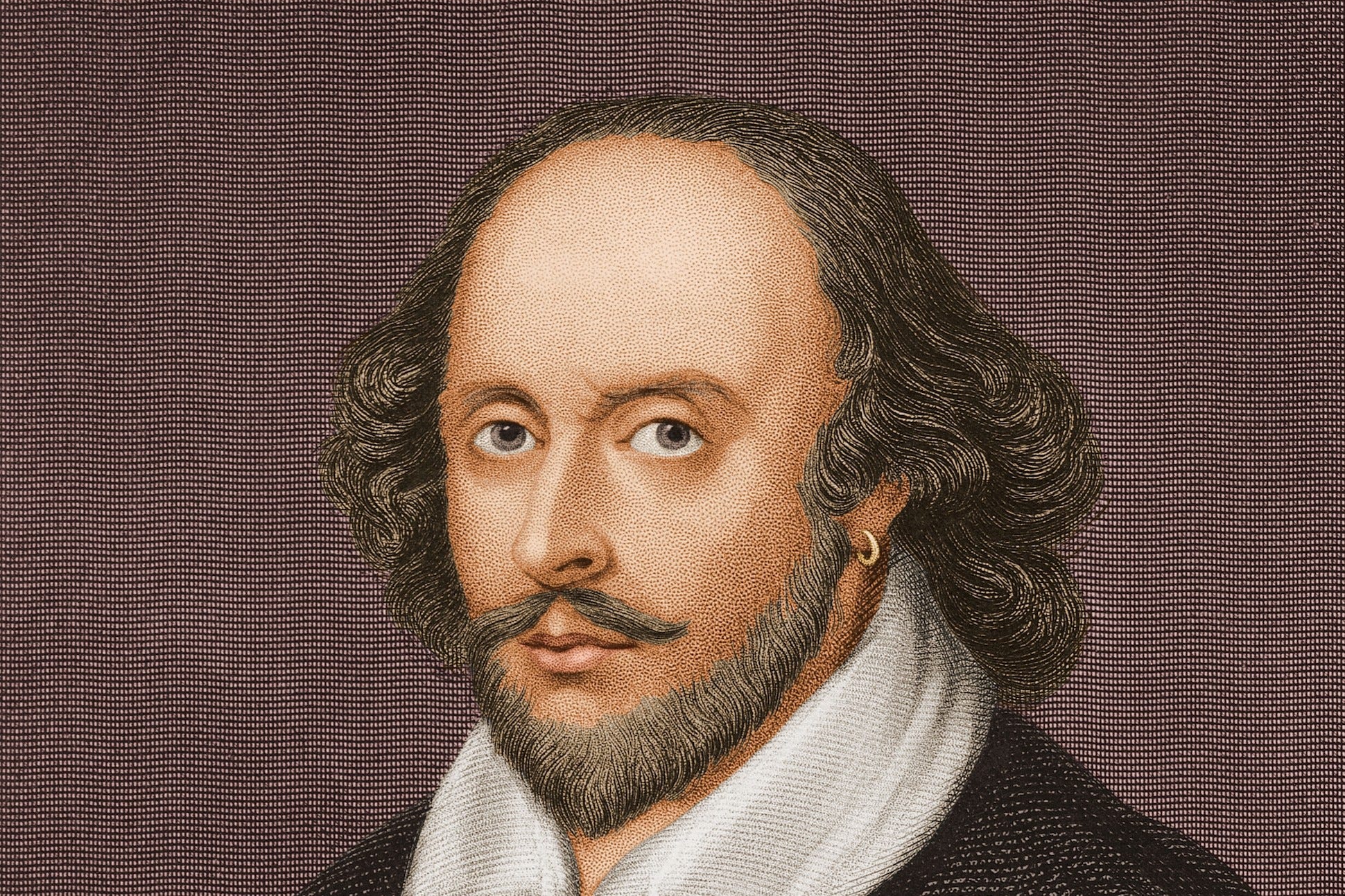“He was not of an age, but for all time!”
exclaimed Ben Jonson
- Blogs
- Shakespeare
- William-shakespeare-the-bard-of-all-time-66275ac4bdccdd0001d2d2d7
William Shakespeare: The Bard of All Time
Shakespeare • 23 Apr, 2024 • 1,25,788 Views • ⭐ 2.3
Written by Shivani Chourasia

April 23 holds a special place in the annals of literature, marking the birth and death anniversary of William Shakespeare, the illustrious Bard of Avon. Known for his rich contributions to English literature and the global stage, Shakespeare's legacy spans over four centuries, resonating through time with his profound insights into human nature. His name is synonymous with literary genius and continues to captivate and inspire audiences centuries after his time. As we explore his life from the cobblestone streets of Stratford-upon-Avon to the bustling stages of London, we uncover the indelible mark he left on the English language and global culture. This blog delves into Shakespeare’s transformative impact on theatre, literature, and beyond, celebrating his legacy through the iconic Globe Theatre, his profound influence on modern media, and the worldwide festivities that honour his birthday each year.
Early Life in Stratford-upon-Avon

William Shakespeare was born in 1564 in the bustling market town of Stratford-upon-Avon, Warwickshire. He was the third of eight children in the Shakespeare family, born to John Shakespeare, a successful glove-maker and alderman, and Mary Arden, a woman from a prosperous family. Despite the gaps in the records regarding his education, it is generally believed that Shakespeare attended the King’s New School in Stratford, where he would have studied Latin literature, history, and rhetoric, laying the foundation for his future literary exploits.
Marriage and Family

At the age of eighteen, Shakespeare married Anne Hathaway, a woman eight years his senior. Together they had three children: Susanna, born in 1583, and twins Hamnet and Judith, born in 1585. The death of his son Hamnet at the age of 11 may have had a profound impact on Shakespeare, as themes of grief and loss permeate many of his later works.
The London Years: Rise to Prominence

In the late 1580s, Shakespeare moved to London, where he began to establish himself as a playwright and actor. The city's thriving theatrical scene offered ample opportunities for Shakespeare to showcase his talents. By the early 1590s, he was not only acting but also writing plays that were being performed on London’s most prominent stages, including The Theatre and, later, the famous Globe Theatre.
Shakespeare’s Literary Works

Shakespeare’s literary production spans three main genres: Tragedies, Comedies, and Histories, each marked by his distinctive blend of profound human insight and linguistic prowess.
Tragedies
Shakespeare's tragedies delve into the complexities of the human soul, exploring themes of ambition, fate, deceit, and madness. Some of his most revered tragedies include:
- "Hamlet": The tale of the Prince of Denmark who seeks revenge against his uncle Claudius, who has murdered Hamlet's father, taken the throne, and married Hamlet's mother.
- "Macbeth": A dark and powerful story of ambition, murder, and guilt; it follows Macbeth's transformation from a brave nobleman into a tyrant.
- "Othello": A gripping narrative of jealousy and deception as the noble Moorish general Othello is manipulated by the malevolent Iago, leading to tragedy.
Comedies
Shakespeare's comedies often revolve around the themes of love, mistaken identities, and happy resolutions. Notable comedies include:
- "A Midsummer Night’s Dream": A whimsical tale set in a forest where several couples encounter magical mishaps under the eye of the fairy king and queen.
- "As You Like It": This play features disguises and romantic entanglements in the Forest of Arden, where Rosalind finds safety and love.
- "The Merchant of Venice": A complex play often considered a 'problem' comedy, it deals with issues of mercy, justice, revenge, and the dynamics of friendship and love.